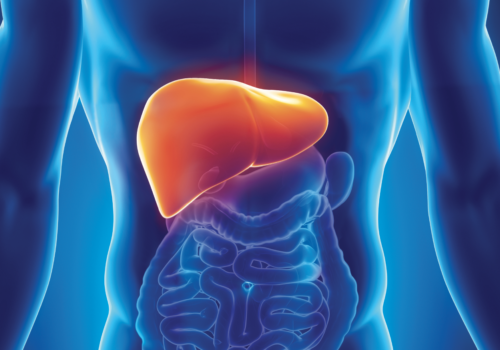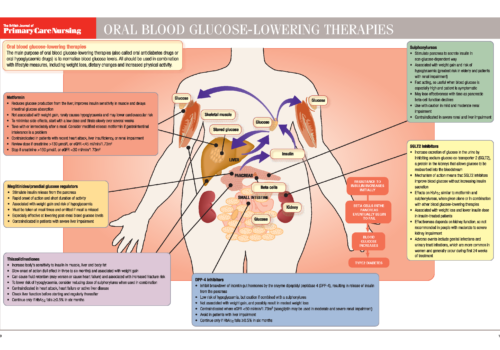Sending samples to the laboratory for investigation is so routine in primary care that it is easy to take these tests for granted. But, as this new series highlights, it is important to understand the purpose of each test and how to act on the results. This article examines thyroid function tests (TFTs), which are an essential part of diagnosing and treating thyroid disease.
British Heart Foundation – new support for practice nurses
The British Heart Foundation (BHF) is often seen as an organisation focused on patients. This is true, but along with major research, supporting healthcare professionals is also a vital part of our role. In the past we have worked mainly with specialists in secondary care, but now we are re-focusing our attention. For the first time, we are supporting primary healthcare professionals with education and training.
A primary care guide to chronic liver disease
Chronic liver disease is a problem for all of us. It develops silently, often taking many years to cause sufficient damage to be detectable or cause signs or symptoms for which a patient would seek attention. Primary care has a central role in improving the prevention and early detection of chronic liver disease. This special […]
Reducing alcohol misuse and using audit tools in primary care
Excessive alcohol consumption has joined smoking and obesity as one of today’s major threats to public health. It is a major cause of liver disease, as well as a range of cancers, cardiovascular disease and mental illness. What’s the solution? We look at how primary care can identify patients who are drinking too much and what interventions can help.
Editorial
As practice nurses, our day at the surgery ends well when everything has gone smoothly and patients and colleagues have gone home happy. But we often feel the greatest sense of achievement when we have had to go beyond our usual routine to try a new approach to a problem, or do something that we never thought we could do.
Recognising the risk of familial hypercholesterolaemia
Familial hypercholesterolaemia (FH)—an inherited genetic defect that causes high blood cholesterol—often goes unrecognised. It is therefore under-diagnosed and poorly managed. This can have devastating repercussions for affected families, since premature deaths from heart disease can occur in people in their 40s or even younger. This article looks at the causes of FH, how to recognise those at risk and how to implement National Institute for Health and Clinical Excellence (NICE) guidance in practice.
Back to Basics: Oral blood glucose lowering therapies
Time to start insulin in general practice
General practices are under increasing pressure to initiate insulin in type 2 diabetes, as it would be more efficient for the health service and more convenient for most patients. There are many different approaches to starting insulin, but it is essential for practice nurses to work closely with patients and progress slowly to ensure successful and safe outcomes.
Starting insulin treatment for type 2 diabetes
Chronic kidney disease: the no tears review
Many drugs are cleared from the body by the kidneys, so careful medicines management is especially important in people with chronic kidney disease (CKD). This article explains how to ensure CKD patients receive recommended therapies designed to protect their kidneys and reduce their risk of a heart attack or stroke.
On the beat: Controlling heart rate in angina and heart failure
Controlling heart rate is a key element of good care of patients with angina or heart failure. In this article we explore the benefit of effective heart rate control to reduce hospitalisation and alleviate symptoms. Measuring heart rate is simple, and can provide valuable benefits for many patients.
























